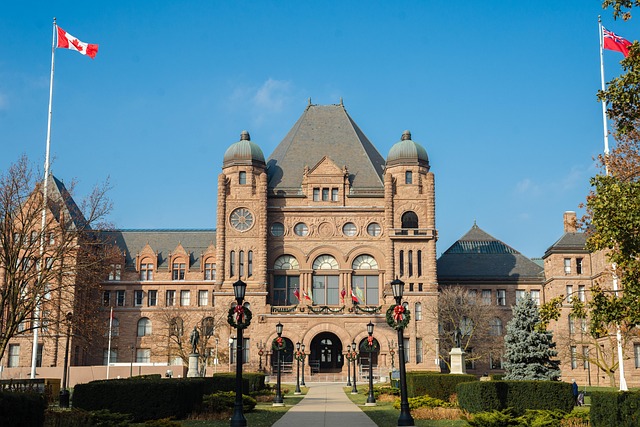In recent years, the conversation surrounding deforestation has gained significant momentum. Yet, one aspect that continues to hinder effective solutions is the glaring legislative shortcomings present within policies aimed at combating this pressing issue. As we delve deeper into the ramifications of unchecked tree removal, it becomes increasingly clear that these legislative gaps not only threaten the ecosystems we cherish but also exacerbate the impact of climate change.
The environment around us is incredibly sensitive, with forests acting as crucial carbon sinks that absorb CO2 from the atmosphere. With every tree that falls, we risk tipping the balance of nature, an outcome that is not merely academic but highly relevant to everyday life. The current pace of deforestation is alarming, driven by agricultural expansion, logging, and urban development, often without stringent regulatory frameworks in place to monitor and limit such activities.
The legislative shortcomings in place often stem from a lack of integration between environmental policy and economic incentives. While many nations have enacted laws aimed at reducing deforestation, enforcement remains inconsistent, and loopholes are frequently exploited. Corruption can further complicate matters, leaving local communities vulnerable and unable to protect their own environments. Without robust legislation and governance, the destruction of vital habitats persists, and biodiversity is lost at an unprecedented rate.
Moreover, the connection between deforestation and climate change cannot be overstated. Forests not only provide oxygen and habitat but also play a pivotal role in regulating the Earth’s climate. The release of stored carbon from deforested areas contributes to greenhouse gas emissions, generating a cycle of warming that can have far-reaching impacts. Extreme weather events, rising sea levels, and shifts in global temperature patterns are all tied to this interconnected web of environmental decline.
Grassroots movements have emerged in response to these challenges, advocating for more stringent laws and accountability measures. Citizens are raising their voices against corporations that prioritize profit over the planet, urging for a reevaluation of policies that allow such destructive practices to continue. The push for greater transparency in legislative processes is critical if we are to hold our leaders accountable for the environmental policies they enact.
In addition to advocating for better laws, we must also engage in conversations about sustainable practices and the development of alternative livelihoods that do not depend on destructive deforestation. By empowering local communities with knowledge and resources, we can shift the economic incentives away from clear-cutting and towards conservation. Innovative approaches, such as agroforestry and ecotourism, can provide sustainable income while preserving the invaluable forests for future generations.
Ultimately, addressing the legislative shortcomings concerning deforestation requires a multifaceted approach that combines policy reform, community engagement, and education. As the effects of climate change become more pronounced, the urgency to act cannot be overstated. It is a collaborative effort that includes government bodies, non-governmental organizations, and individual citizens, all working towards a common goal: a healthier planet where forests can thrive, and the climate can stabilize.
As we continue to confront the challenges associated with deforestation, it is imperative that we remain informed and proactive. The strength of our actions as individuals and communities can create lasting change in the fight against climate change and the preservation of our natural environment. We hold the power to influence legislative decisions and advocate for policies that genuinely protect the Earth. Together, we can ensure that our voice matters in the quest to address these critical shortcomings.




